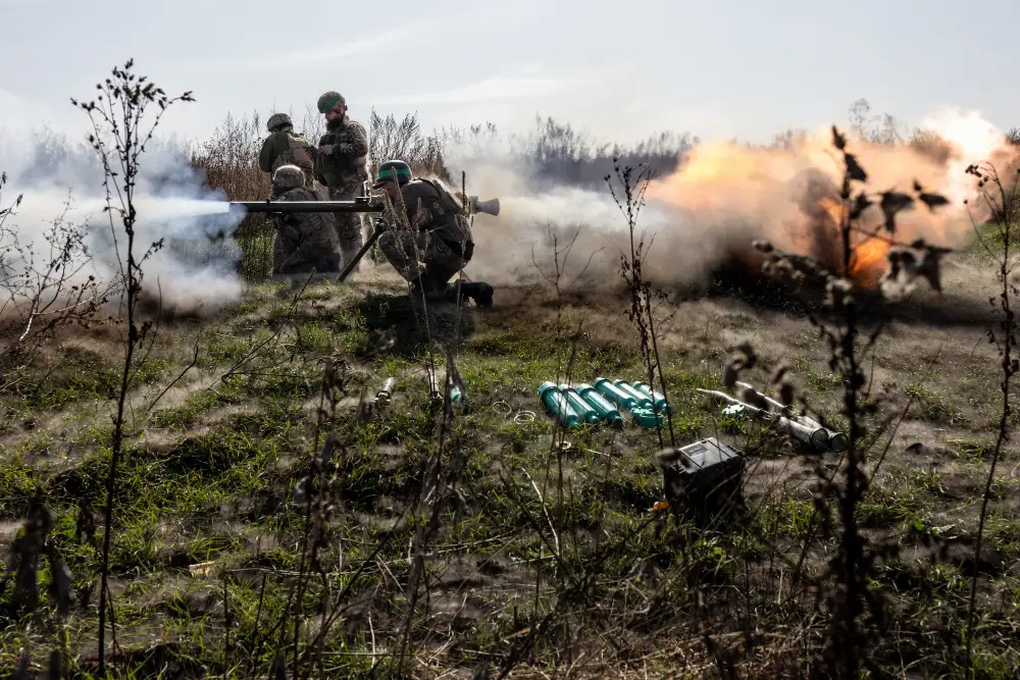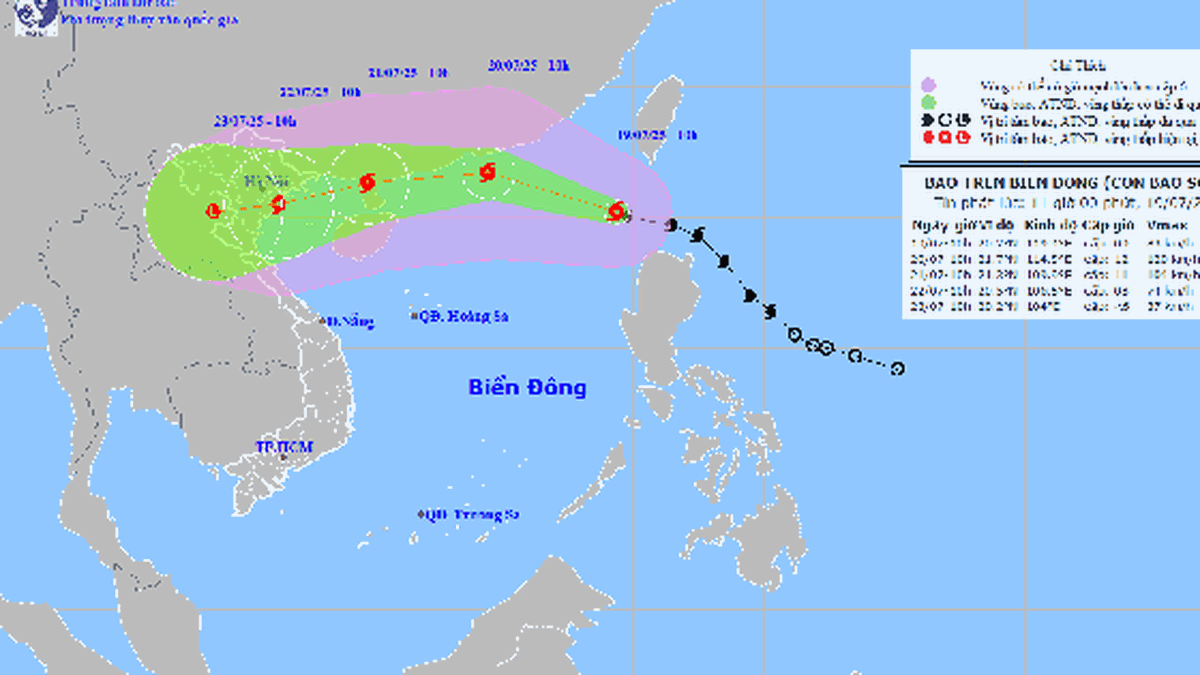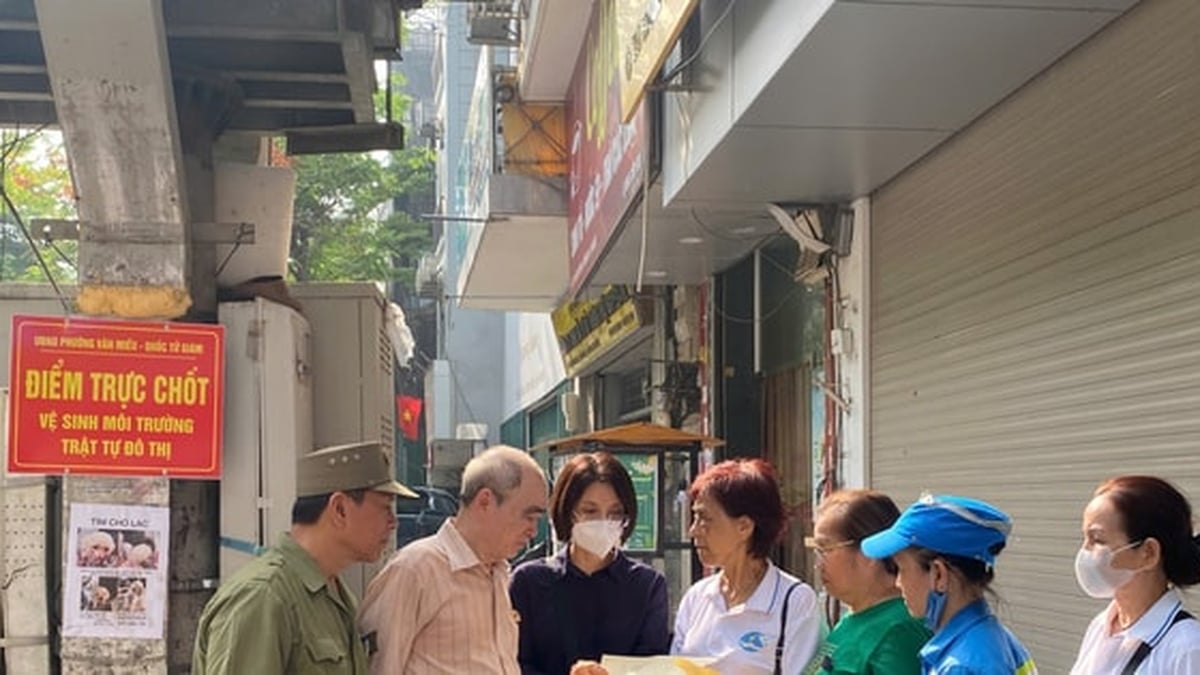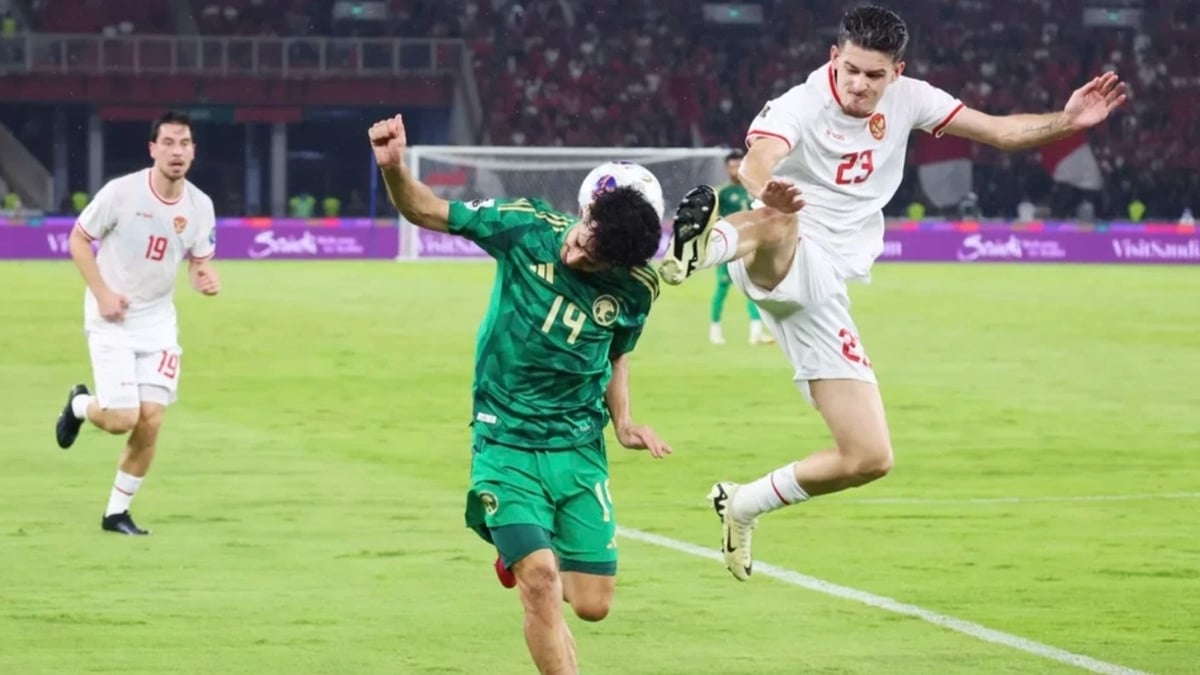
Ukrainian soldiers practice in Kupiansk in October (Illustration: Getty).
The soldier, nicknamed Khokhol, was a member of Ukraine's Artan Special Forces Unit.
Khokhol said that in October, his 28-man unit received orders to support the Kraken special forces in Kupyansk. He and his teammates were handed weapons, night vision goggles and other equipment to begin the mission.
His unit had just arrived the night before, but the next morning fighting broke out more intensely, killing two of his comrades and injuring 19 others.
Khokhol then led a raid on the Russian stronghold, capturing six enemy soldiers. He and two other comrades escorted the prisoners back to base at midnight.
However, something went wrong, all their night vision devices and thermal cameras ran out of batteries while the drones also needed recharging. Khokhol and his teammates decided to continue, not knowing that they were going the wrong way, heading straight towards the Russian forces' positions.
After walking about 1km, they approached a forest. At this time, 3 Russian soldiers approached and asked to read the password to confirm. At first, Khokhol thought they were his own soldiers, but later discovered that they were Russian forces.
Khokhol opened fire on the Russian soldiers. A firefight broke out. Russian forces threw grenades and fired rocket-propelled grenades at Khokhol and his comrades, killing the prisoners standing in the middle.
As Khokhol retreated about 50 meters, there was a loud explosion and he lost consciousness immediately. He woke up the next morning to find that the reason no Russian soldiers approached him was because he was lying on a minefield.
The Russians used drones to drop shells on the area where Khokhol was likely hiding. They did not spot Khokhol because of the overgrown grass, but they knew Khokhol would not go far.
Khokhol was not wearing a bulletproof vest at this point. He thought he had three options: surrender, stay where he was, or find a way to escape. In the end, Khokhol decided to crawl away.
He signaled the Russian drone, pretending to surrender and asking which direction he should go. The Russian drone gave Khokhol directions and he chose to go the opposite way.
To avoid hitting a mine, he crawled very slowly, and only set foot in places with grass. Realizing that a Russian drone was following him, he hid in a bush and completely lost sight of the Russians.
He kept going like that for three days and two nights. "I crawled on my belly for about 3.5 kilometers," Khokhol recalled. Along the way, he encountered a Russian sniper who forced him to crawl faster, as his body became warmer, making him more vulnerable to enemy equipment. However, he made it through safely.
“In general, there are different ways you can crawl, but in my case, I have to crawl as close to the ground as possible and do everything very slowly and discreetly. Every 10 meters, I take a break to catch my breath and restore my body temperature. When you feel cold, that's the signal to continue crawling,” Khokhol said.
During that time, he also had no food or water. Even on the second day, it started to rain and fog, sometimes Khokhol could not see anything. When he was tired, he would find a thicket of grass to sleep for a while.
After the second night, Khokhol felt weaker and knew he didn't have much time left. He even began hallucinating, thinking he was talking to his wife. "I was disoriented, lost, and didn't know where I was going," he said.
However, it was his family that motivated him to keep trying. At one point, Khokhol was so close to the Russian forces that he could clearly hear their conversations, but he still managed to overcome them.
He finally reached the Ukrainian army. Doctors said he had only 12-14 hours to live. They also said Khokhol had a ruptured eardrum and some shrapnel lodged in his body. He was taken for surgery and treatment. It took some time for Khokhol to recover.
Source



































































































Comment (0)